Heavy Lifting for Muscle Gains vs. Light Lifting for Fat Loss: Debunking the Myths
In the realm of fitness, there's a persistent debate: Should you lift heavy to build muscle or go light for fat loss? It's a topic that has sparked numerous discussions among fitness enthusiasts, trainers, and researchers alike. But is there a definitive answer? Let's delve into the science behind both approaches and unravel the truth.
Heavy Lifting for Muscle Gains:
Traditionally, heavy lifting has been synonymous with muscle gains. The rationale behind this is rooted in physiological principles. When you lift heavy weights, you subject your muscles to high levels of tension, triggering micro-tears in the muscle fibers. Subsequently, during the recovery phase, these fibers repair and grow stronger, leading to muscle hypertrophy.
Moreover, heavy lifting engages a greater number of muscle fibers, leading to greater muscle recruitment and overall muscle development. Compound exercises like squats, deadlifts, and bench presses, typically performed with heavy weights, stimulate multiple muscle groups simultaneously, promoting efficient muscle growth.
Furthermore, heavy lifting boosts metabolism, both during and after the workout, due to the high-intensity nature of the exercise. This increased metabolic rate can contribute to calorie expenditure, aiding in weight management and fat loss over time.
Light Lifting for Fat Loss:
On the other hand, proponents of light lifting argue that low-intensity, high-repetition exercises are more effective for fat loss. The theory is that lighter weights with higher repetitions lead to increased calorie expenditure during the workout session itself. Additionally, lighter weights are often associated with shorter rest periods, leading to an elevated heart rate and greater calorie burn.
Furthermore, light lifting is considered more accessible to beginners or individuals with physical limitations, making it a viable option for those starting their fitness journey or recovering from injuries.
Debunking the Myths:
While both heavy lifting for muscle gains and light lifting for fat loss have their merits, it's crucial to debunk some common myths surrounding these approaches.
- Heavy lifting doesn't necessarily lead to bulking up: One prevalent misconception is that heavy lifting will cause individuals, particularly women, to become bulky. In reality, building significant muscle mass requires a combination of heavy resistance training, surplus calorie intake, and specific genetic predispositions. For most people, heavy lifting will lead to toned, defined muscles rather than excessive bulk.
- Light lifting alone isn't sufficient for substantial fat loss: While light lifting can contribute to calorie expenditure during workouts, it may not be as effective for long-term fat loss as other forms of exercise, such as high-intensity interval training (HIIT) or cardio. Fat loss ultimately comes down to achieving a calorie deficit through a combination of diet and exercise, regardless of the intensity of the workout.
Overall, the debate between heavy lifting for muscle gains and light lifting for fat loss isn't a binary choice. Both approaches have their place in a well-rounded fitness regimen. Heavy lifting is effective for building muscle mass, strength, and boosting metabolism, while light lifting can aid in calorie expenditure and serve as a suitable option for beginners or those with physical limitations.
Ultimately, the best approach depends on individual goals, preferences, and physical capabilities. A balanced workout routine that incorporates elements of both heavy and light lifting, along with cardio and proper nutrition, is key to achieving optimal results in terms of muscle gains, fat loss, and overall health and wellness. So, instead of focusing solely on one method, embrace the diversity of training modalities to unlock your full fitness potential.




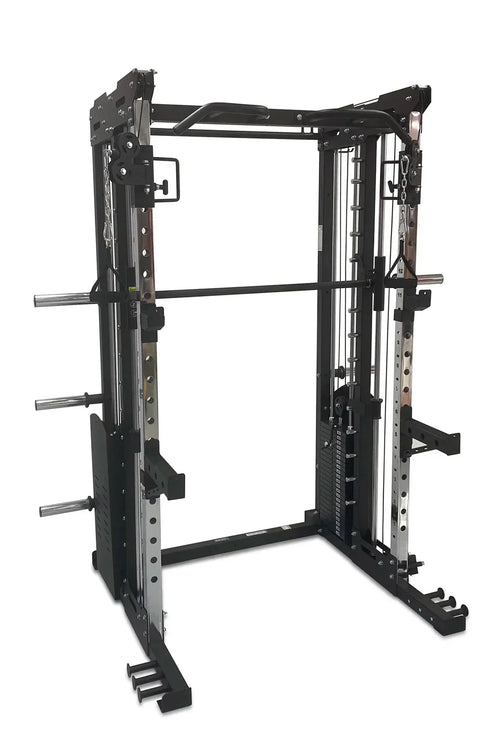
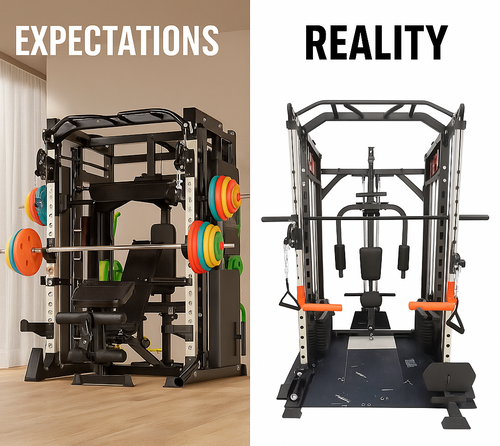


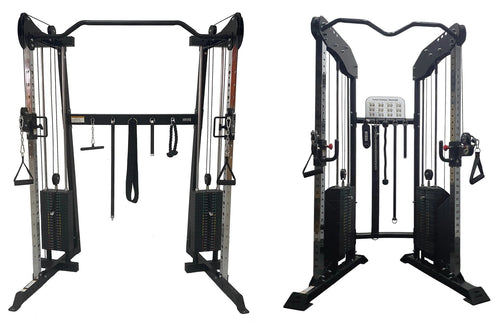

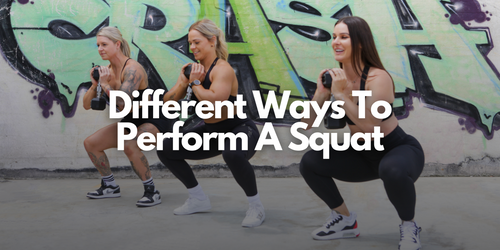



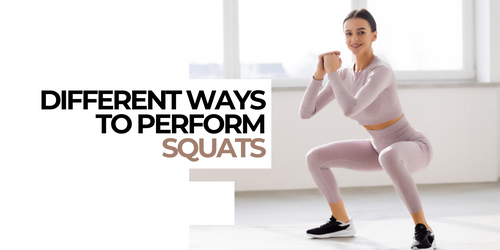






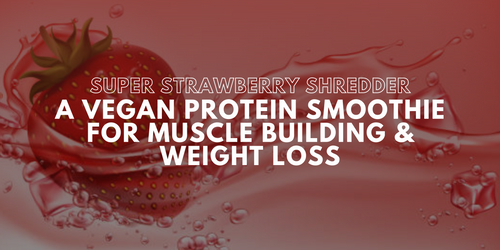


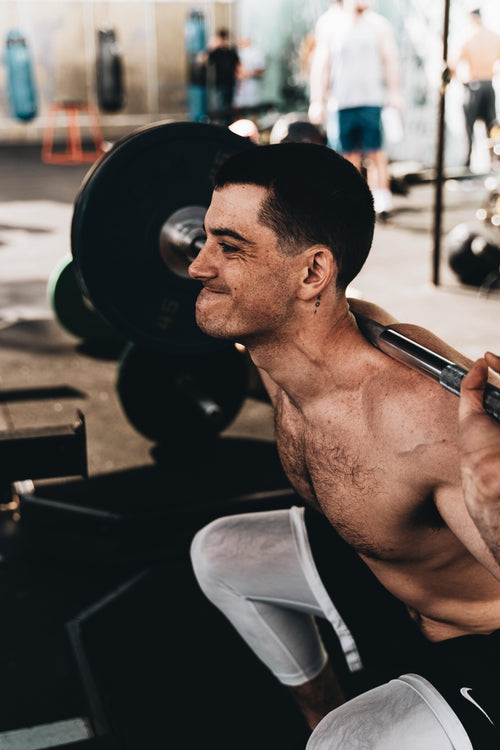


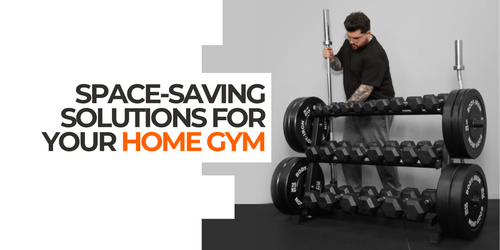
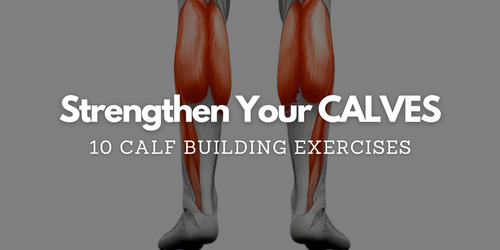
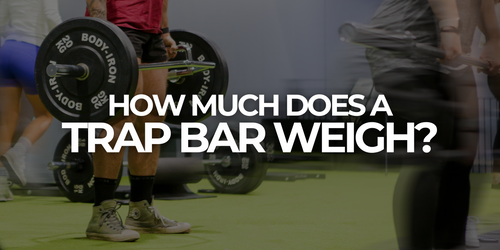
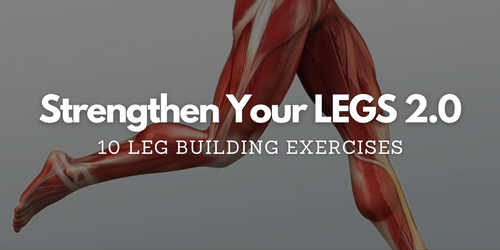
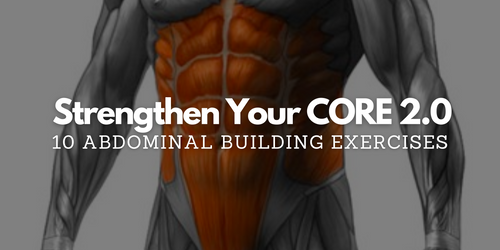



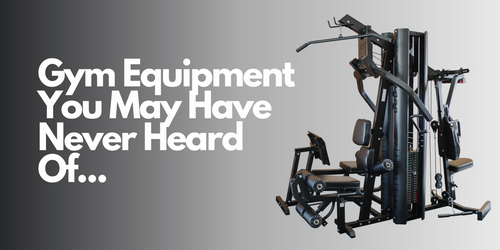
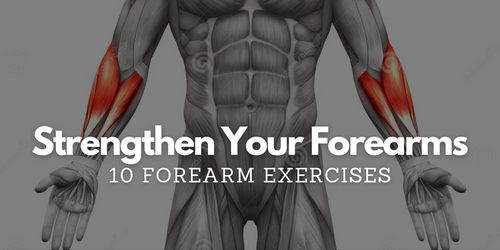

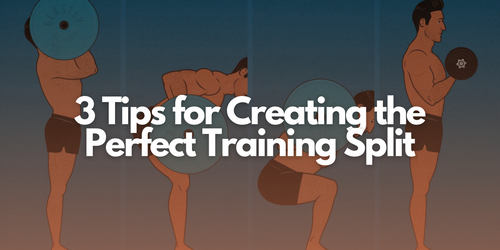




Leave a comment